Emergency Legal Preparedness and Response
During disease outbreaks or natural disasters, jurisdictions may take divergent legal approaches in their responses to national or regional public health threats. Legal authorities vary across states, tribal governments and localities during declared emergencies. Conflicting laws and overlapping jurisdictions further complicate key decisions on when or how to respond.

Explore a Sub-topic
Resources
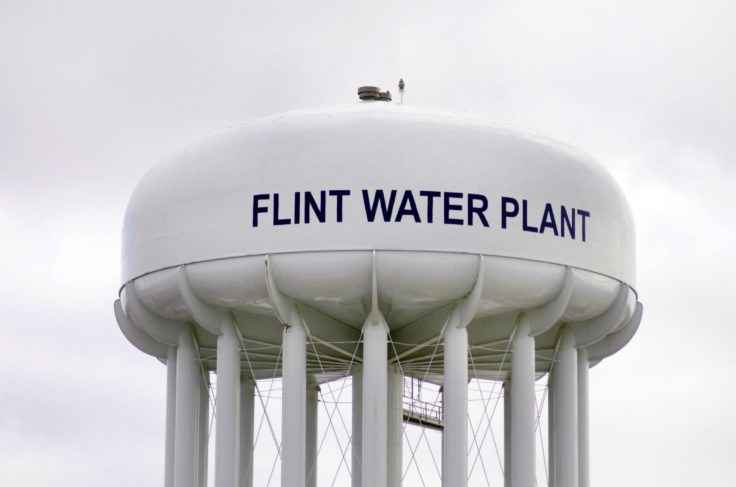
Public Health Handbook for Communities Under Emergency Management – A Case Study of the Flint Water Crisis
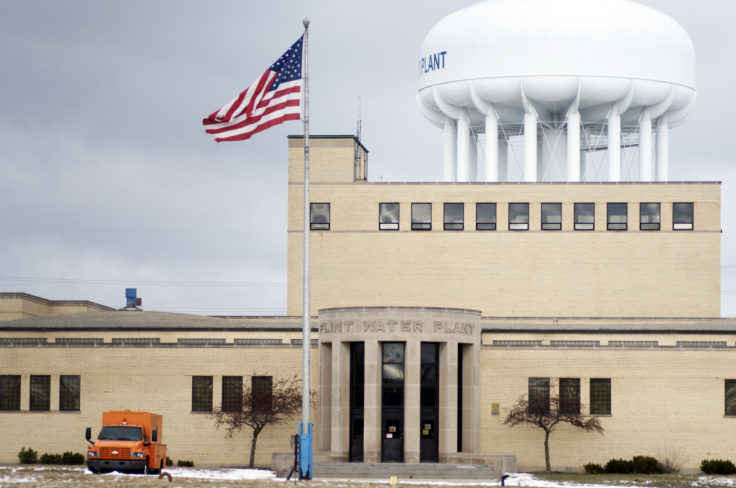
Emergency Manager Law Primer: Protecting the Public’s Health During Financial Emergencies – Lessons Learned from the Flint Water Crisis
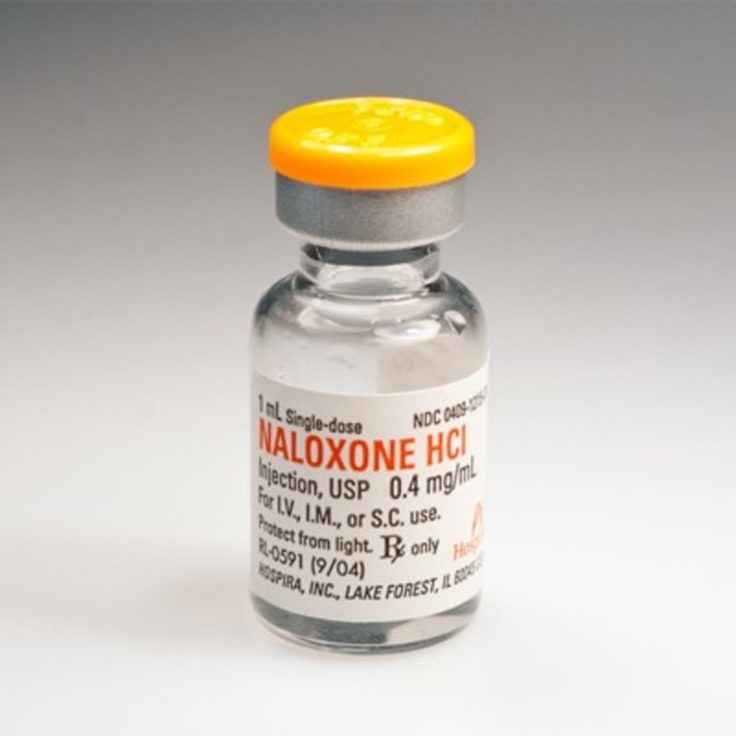
Declared States of Emergency – Opioid Crisis
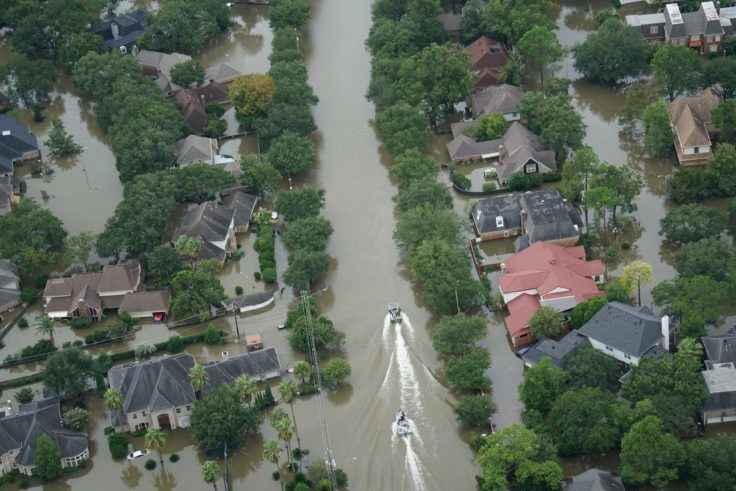
Emergency Legal Preparedness – Hurricanes Harvey, Irma and Maria

Emergency Legal Preparedness and Zika Virus

Legal Liability Protections for Emergency Medical/Public Health Responses
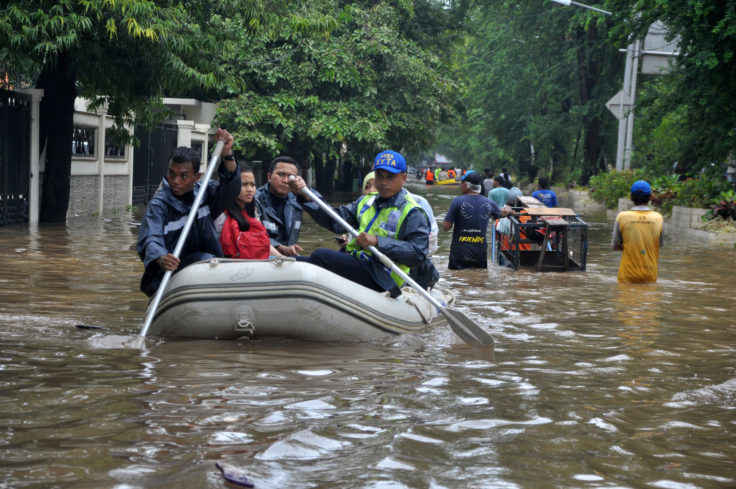
Emergency Declaration Authorities

Summary of Authority & Actions Regarding Public Health Emergencies: Michigan Public Health Code
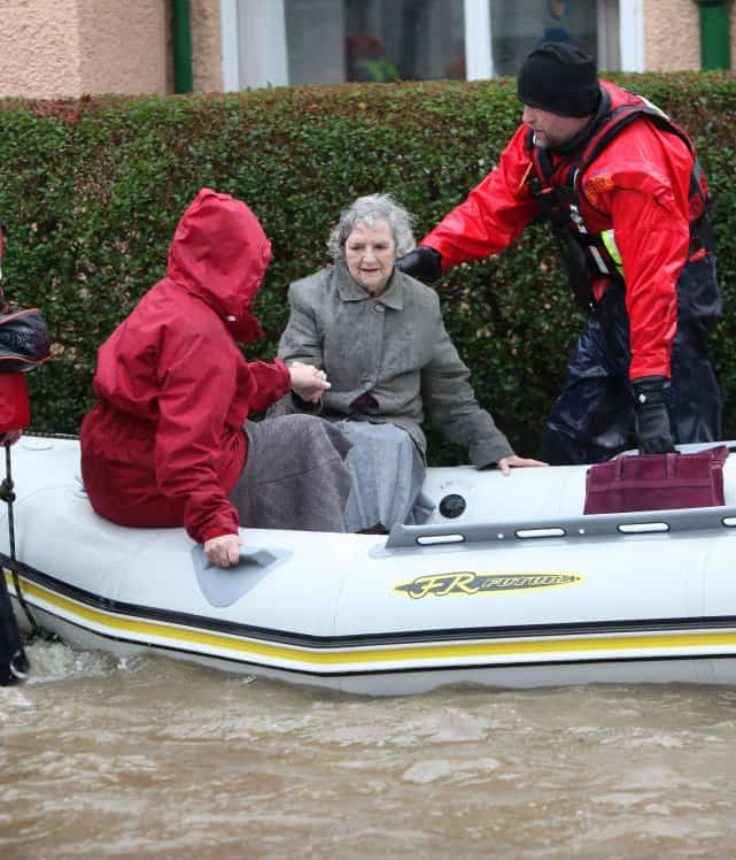
Federal and Michigan Laws Protecting Individuals from Tort Liability
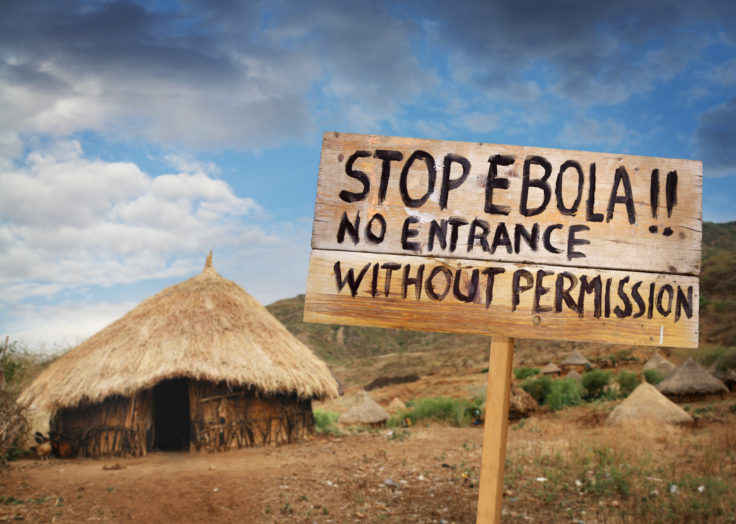
Emergency Legal Preparedness Concerning Ebola Virus Disease
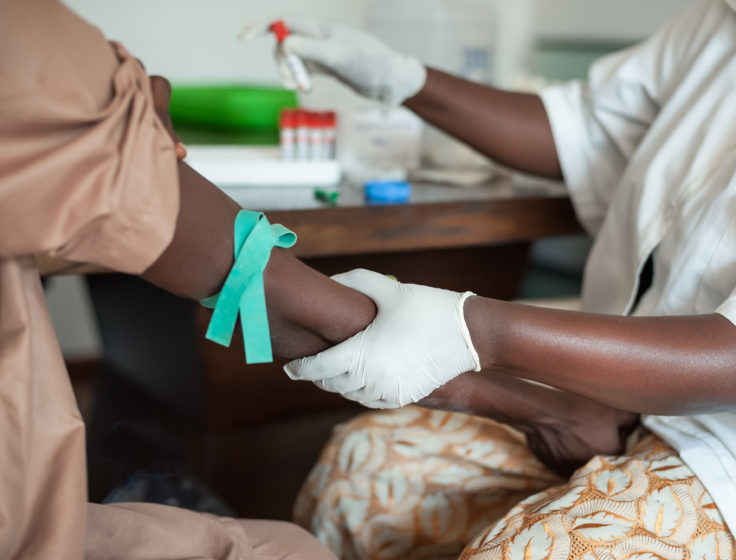
Ebola Public Health Emergency Legal Preparedness and Response FAQs
Spotlight
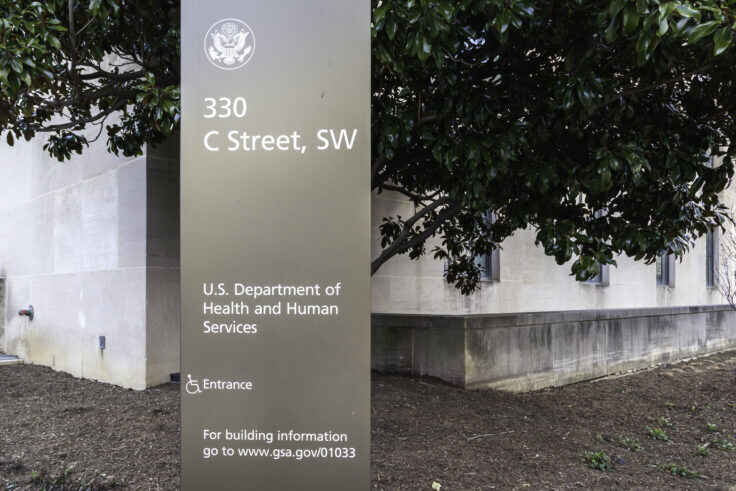
Updates to HHS Restructuring and Funding Cuts: Impact on State and Local Public Health

Opportunity to Promote Public Health for Workers Exposed to Extreme Heat

Public Health Law Strategies to Prevent and Reduce Human Health Impacts of Climate Change
Learn More
A Closer Look at Emergency Legal Preparedness and Response
Public health officials may face many critical legal and policy decisions during public health emergencies, including:
- Inter-jurisdictional legal coordination of federal, tribal, state and local actors in real-time emergencies under changing legal norms
- The ability to issue isolation or quarantine orders, or other social distancing methods, to control public health threats
- Whether to close or dismiss schools, or other public assemblies, temporarily or for prolonged periods to prevent the spread of communicable diseases
- The authority to mandate vaccinations for minors or autonomous adults, including health care workers
- Licensing, credentialing and privileging out-of-state health practitioners
- Inter-jurisdictional management of scarce resources including personnel, vaccines, shelter and sustenance
- Omnipresent concerns over liability of public health practitioners during emergencies
Explore Topics
Related Empowered Public Health System Resources
How we can help
Legal Research and Assistance
Experienced legal experts are available to answer questions and provide research, analysis and guidance. Let us know what you’re working on and together we can figure out how we can help.
Legal Assistance Library
Explore the Network’s Legal Assistance Library to find answers to commonly asked questions on a variety of public health topics.





